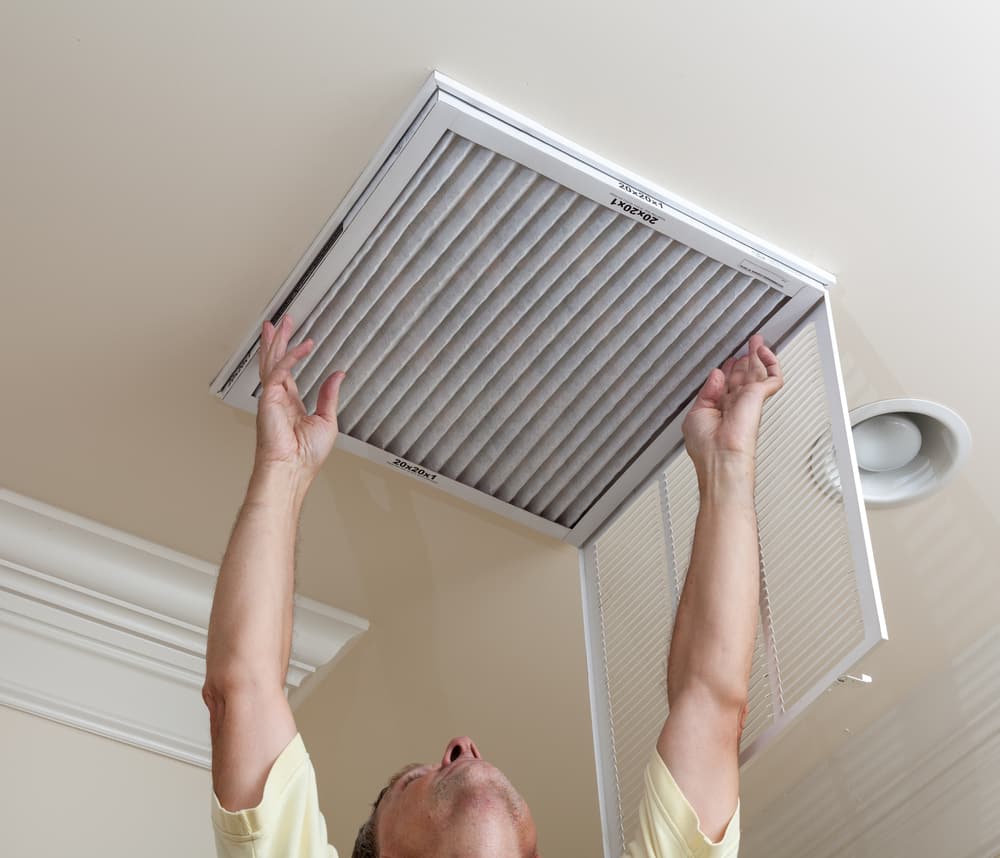The average North American family spends about ninety percent of their time indoors and the elderly and infants may spend even more time inside. Indoor air pollution can be two to five times more polluted than outside air. This means that people may be exposed to a greater number of airborne contaminants in their own homes than outside during their daily activities.
The EPA, Environmental Protection Agency, lists poor indoor air quality as one of the top five health risks in the world today. Some of the most common ailments associated with poor indoor air quality are:
Breathing Problems
Allergies
Asthma
Headaches
On a larger scale we can include educational facilities, offices, manufacturing facilities, hospitals, daycares, and any other indoor environment where we work, live or play are impacted by poor indoor air quality.
HVAC equipment is designed to keep these places at comfortable temperatures and humidities at all times. A big part of this process is the filters that are installed in these systems. Without efficient HVAC filters this equipment will not perform as well as they could otherwise. It is also very important to change filters at regular intervals so that they perform at peak levels at all times. When neglected, they begin to decline in performance and even reduce equipment operating efficiency.
There Are Many Different Types Available To Choose From
The most common filters for residential use:
Electrostatic
Pleated
Media (Pre-cut Pads)
Electronic
Fiberglass (not recommended)
The most common HVAC filters for commercial use are:
All of the HVAC filters listed above for residential use
Bag Filters
Rigid Cell Filters
Automatic Roll Filters
HEPA Filters
When purchasing HVAC filters most people check the efficiency ratings, to guide them in their buying decision. Efficiency is the filters ability to stop particles of dust and other airborne contaminants from passing through. The higher the efficiency the better the filters will be at stopping dust.
Another common term MERV rating. MERV is a standard developed by ASHRE, American Society of Heating and Refrigeration Engineers, and is used as a guide to indicate the size of particles that the filter is able to stop. The higher the rating the smaller the particles the HVAC filter is able to stop.
Medium efficiency filters are suitable for most homes and businesses but for people who suffer from allergies, more efficient variaties may be a better choice. More efficient filters require more frequent cleaning or replacement than the less efficient types. Some of the better quality and more efficient variaties are made from materials that are moisture resistant. This resistance to moisture helps to eliminate the growth of molds and bacteria from forming on the filters.
Remember, in order to get the best performance from your HVAC filter you must change or wash the filter when recommended by the manufacture. This will also insure the best performance from your heating and air conditioning equipment.




